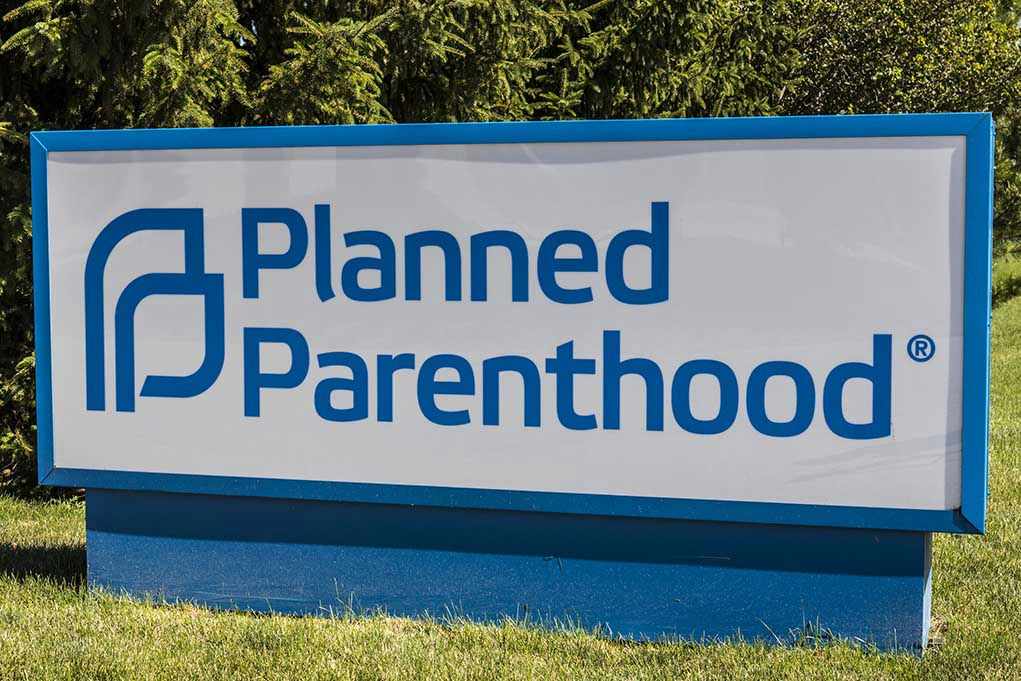
Planned Parenthood’s abrupt halt of abortion services in Wisconsin isn’t about changing laws—it’s about federal Medicaid cuts that have left thousands of patients stranded and a state’s largest reproductive health provider scrambling for survival.
Story Snapshot
- Planned Parenthood of Wisconsin will stop offering abortions October 1, 2025, due to federal Medicaid funding restrictions.
- Federal law, not state legislation, triggered the pause, making Wisconsin the first state to experience this operational shutdown.
- Thousands of Medicaid-dependent patients face disrupted access, with only two independent clinics left in Milwaukee.
- The policy ignites fierce legal, political, and public health debate, reverberating far beyond Wisconsin’s borders.
Federal Medicaid Cuts Force Planned Parenthood’s Hand
Planned Parenthood of Wisconsin’s announcement to pause abortion services is a seismic shift for reproductive healthcare in the state. The decision stems directly from the One Big Beautiful Bill Act, signed by President Trump in July 2025, which prohibits Medicaid reimbursements to any clinic providing abortions—even for unrelated healthcare services. The move isn’t about a new state ban; abortion remains legal in Wisconsin. Instead, federal rules have forced the largest provider of abortions to choose: continue offering abortions and lose Medicaid funding for all other services, or pause abortions and retain vital reimbursements for contraceptives, cancer screenings, and more.
Federal policy now dictates the operations of local health providers, overriding state law and forcing clinics to make impossible choices. Planned Parenthood’s leadership, facing the reality of losing Medicaid dollars that sustain 60% of their patient care, chose to pause abortion services statewide. The decision is unprecedented—Wisconsin becomes the first state where a federal Medicaid policy, not a state ban, has eliminated clinic-based abortion care from its biggest provider.
Patients Left in Limbo as Clinics Close Doors
The impact on patients is immediate and profound. Planned Parenthood serves approximately 50,000 patients annually in Wisconsin, with a majority relying on Medicaid. After October 1, only two independent clinics in Milwaukee will offer abortion care. Ninety-nine percent of Wisconsin counties will have no clinic-based abortion services. Patients who depended on Planned Parenthood for accessible, affordable care now face daunting travel across state lines, higher costs, and longer wait times. Independent clinics brace for overwhelming demand, but resources are stretched thin. Medicaid recipients, low-income women, and rural residents face disproportionate hardship, with many forced to delay or forego care altogether.
While abortion remains technically legal in Wisconsin, funding cuts have rendered access nearly impossible for many. The disruption ripples outward, affecting not only those seeking abortions but also anyone who relied on Planned Parenthood for basic reproductive health services. Clinics may face closure if financial pressures persist, further eroding healthcare infrastructure and deepening disparities for the most vulnerable populations.
Legal Battles and Political Fault Lines Intensify
Legal challenges to the Medicaid restrictions have so far failed, with a federal appeals court allowing the law to take effect in September 2025. Planned Parenthood is pursuing every available option—court appeals, operational adjustments, and civic engagement—to restore services. President Trump and Congressional Republicans tout the law as a victory for anti-abortion advocates, while Democratic leaders, including Wisconsin Attorney General Josh Kaul, condemn the funding cuts as fundamentally wrong and harmful to public health.
The pause has reignited political polarization in Wisconsin, a state long at the center of reproductive rights debates. Republican lawmakers are already pushing for further restrictions and clarifications to state law. Advocacy groups on both sides of the issue mobilize, forecasting a protracted battle in courts, legislatures, and at the ballot box. The outcome in Wisconsin could set a precedent for similar Medicaid restrictions nationwide, with ripple effects for providers and patients across the country.
Healthcare Experts Warn of Dire Consequences
Leading medical organizations, including the American Medical Association and the American Public Health Association, warn that restricting abortion access through Medicaid cuts endangers women’s health and autonomy. Health policy experts predict increased maternal morbidity and mortality, especially among marginalized communities. Researchers highlight the essential role Medicaid plays in sustaining reproductive health services and the disproportionate impact on low-income and rural patients. Pro-choice advocates and medical professionals stress that policy decisions should prioritize patient care and public health, not political expediency.
Anti-abortion advocates, meanwhile, celebrate the pause as a step toward fetal rights and further restrictions. The debate underscores the complexity of American healthcare, where federal policy can upend local operations and patient lives. The situation in Wisconsin stands as a stark example of how funding decisions made in Washington reverberate through clinics, courtrooms, and households across the country.
Sources:
TMJ4 News: Planned Parenthood of Wisconsin Pauses Abortion Appointments Starting October 1
WisPolitics: Rep. Goeben: Planned Parenthood Halts Abortion Services
CORE Wisconsin: Abortion Access Reduced in Wisconsin as Planned Parenthood Pauses Abortion Care




